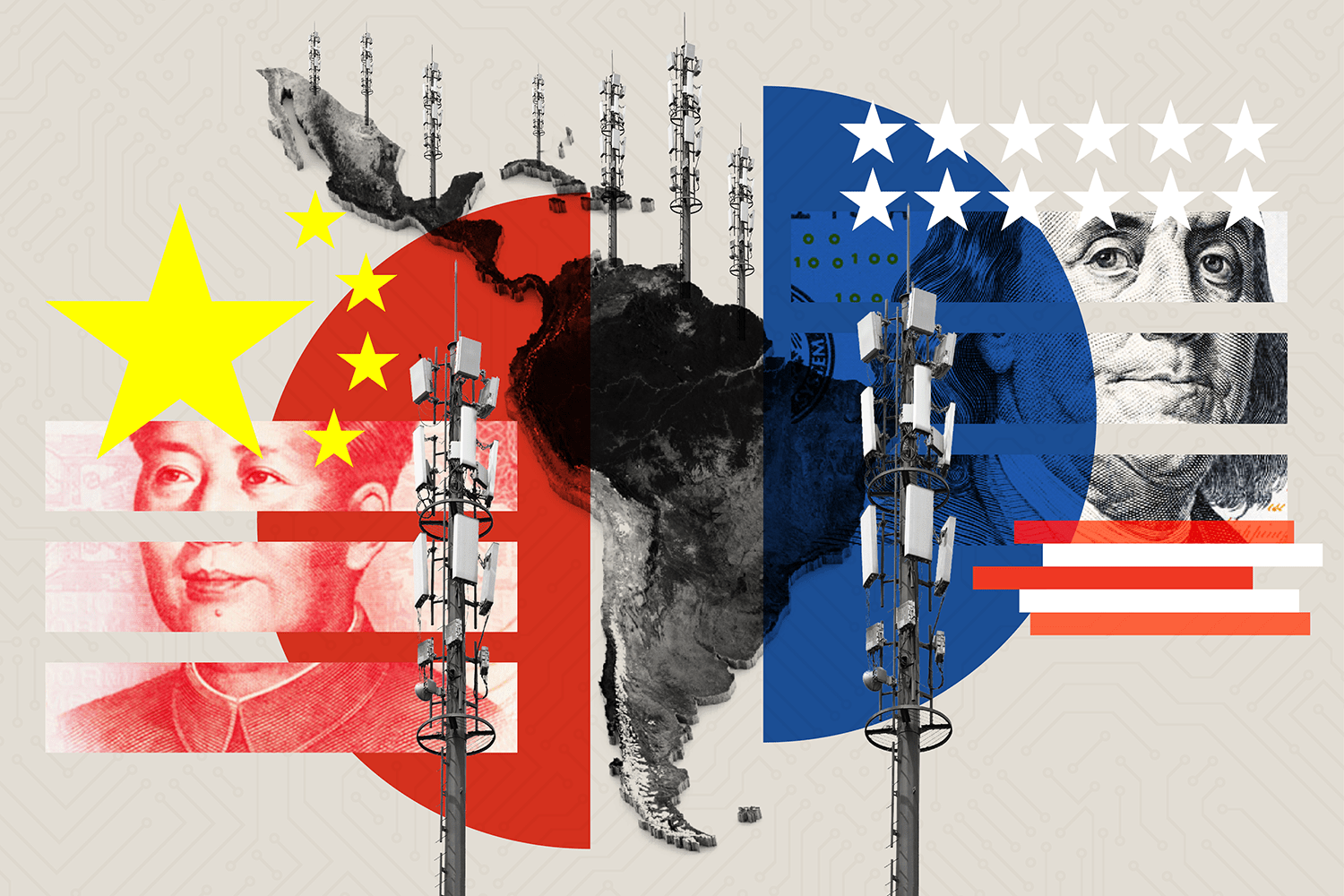BY OLIVER STUENKEL | JANUARY 16, 2020
The world’s fifth-most populous country is one of the main prizes in a global tech encounter between Beijing and Washington.
https://www.americasquarterly.org/content/brazils-5g-next-battleground-us-china-stand
Geopolitics is going online. While observers in Brazil focus on the ongoing trade war between the United States and China, an incipient tech war is poised to have far broader consequences for the future of the global order and Latin America’s place in it.
Rapid technological change, symbolized by the arrival of 5G mobile technology, artificial intelligence and quantum computing, is fast becoming the defining element in an emerging great-power standoff, marked by the battle for supremacy in cyberspace between the United States and China. Already, the key dynamic in global affairs is no longer trade liberalization and open competition – concepts embraced by Brazil’s Economy Minister Paulo Guedes – but the geopoliticization of the world economy and the race towards technological self-reliance.
The debate about what Brazil’s strategy should be in such an unprecedented global scenario has just begun, with the government in Brasília already under intense pressure from both Washington and Beijing about whether or not to exclude the Chinese telecommunications giant Huawei as a potential provider of 5G technology. Along with India and Indonesia, Brazil, with roughly 210 million inhabitants, is seen as one of the most important markets in defining the future of 5G in the developing world.
The coming tech split is set to accelerate and deepen “decoupling” – the declining economic interdependence between the world’s two largest economies – and exacerbate Western companies’ aversion to the geopolitical risk that operating in China implies. This development could bring about the emergence of two separate economic camps, reversing the tremendous economic globalization that…












